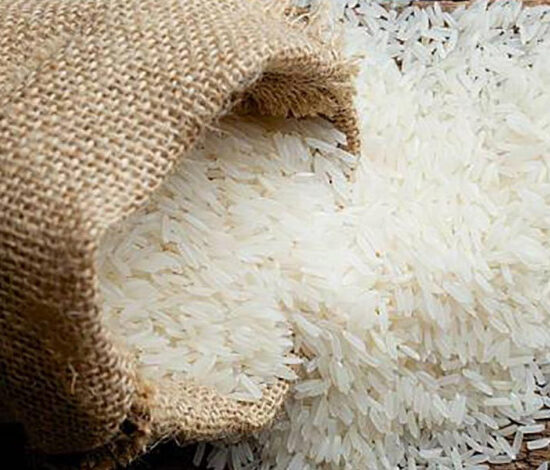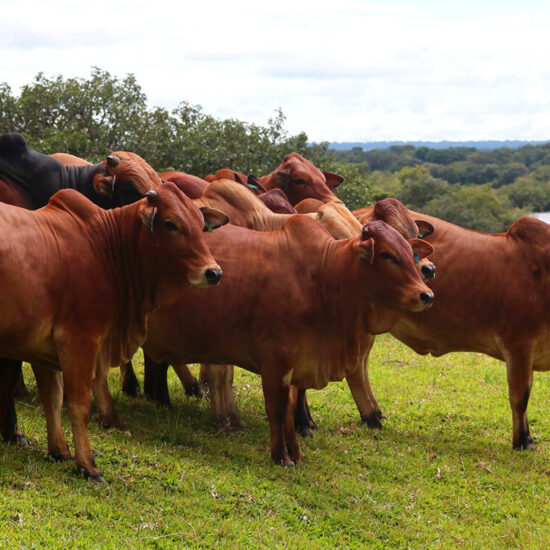
Egg prices on the Zambian domestic market have collapsed and this has been largely attributed to a drastic drop in export demand which is mainly driven by traders from the Democratic Republic of the Congo – DRC, the largest export market for locally produced eggs.
This drop in export demand from DRC has further been exacerbated by the routine over production of eggs which coincides with the conducive hot weather condition that is experienced in Zambia from about September to November.
A random check on egg prices by the Zambian Business Times – ZBT across Zambia’s major cities revealed that egg prices per tray have collapsed from the highs of about K65 per tray to the current prices of about K38 per tray, a reduction of about 42%.
And the Poultry Association of Zambia (PAZ) has confirmed that the reduced egg prices on the market is because of over production and reduced trade at the Kasumbalesa (Zambia – Congo DR) border. And the drop in demand from DRC has been blamed on the recent Kwacha appreciation.
PAZ Executive Director Dominic Chanda said the recent appreciation of the Kwacha has depressed the egg demand at Kasumbalesa border as the Democratic Republic of Congo (DRC) buys huge quantities of eggs from Zambia, adding that about 30-35% of the total eggs produced in Zambia is exported into the DRC.
Chanda told ZBT that the DRC is not importing huge quantities of eggs from Zambia currently due to the devaluated currency(Kwacha), which has resulted in Zambian produced eggs being more expensive for them, therefore traders need to reduce the price of eggs to be able to sell into the DRC.
Speaking in an exclusive interview with ZBT, Chanda said another reason causing the depressed prices is over supply of eggs on the market adding that the conducive weather that is experienced around this time of the year is facilitating for over production of eggs.
“When it’s hot, everything that a chicken eats goes or is mostly converted into egg production, the optimal temperatures for egg production are between 24 and 28 degrees Celsius. When it starts getting hotter, starting from September to about November, most poultry farmers tend to have overproduction because the chicken tends to respond positively in terms of egg production”, he said.
Chanda said currently, the biggest challenge is the devaluated currency, which has made the product to be expensive on the export market, so for traders to maintain the export market, they have limited to no option but to reduce the prices.
He told ZBT that because the prices of eggs at Kasumbalesa border have reduced in Kwacha terms and are trading between K36-K38 per tray, all the people that were previously selling into the DRC have resorted to selling some of their eggs on the domestic market.
He added that it is difficult to predict the market in an export oriented industry as the export market changes; it becomes difficult to predict noting that this is cyclical and is a period when prices start reducing adding that there would always be a time when the prices start rising but there is no telling when that may happen.
Chanda noted that the sector is eagerly waiting for government to announce what is in the budget for the poultry industry in order to see what positive things to get from there and see what government will come up with in terms of policy direction, tax rebates and other policy objectives that will come in terms of supporting the sector.
“The president announced that the emphasis will be on value addition and diversifying the agriculture and livestock sector. If we are pushing towards value addition, what are some of the issues that government will have to come up with, and definitely in the budget we expect taxes for any imported machinery that is used for value addition”, he said.
The recent sharp Kwacha appreciation has been hailed by most importers who are now able to import and land products into Zambia at more competitive prices. But the Kwacha appreciation is like a double edged sword, exporters on the other hand are bound to suffer like the above case entails as locally produced goods will become more expensive when converted into say the US dollar.







